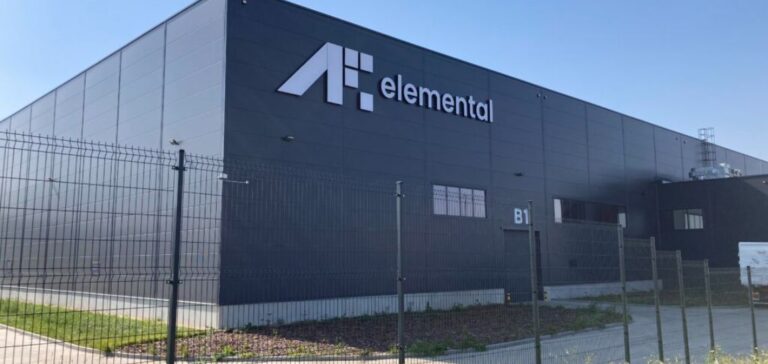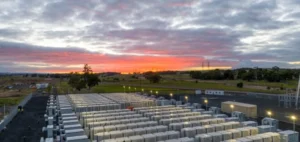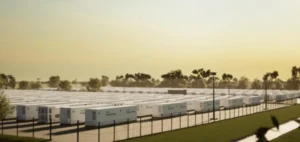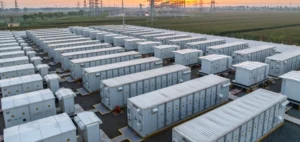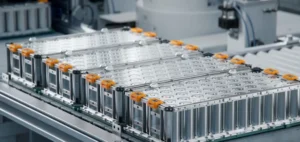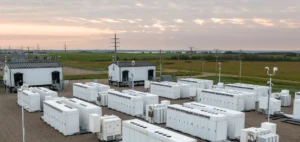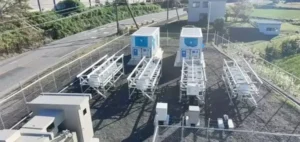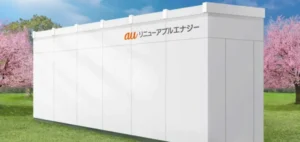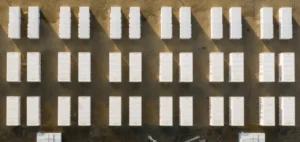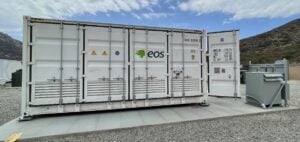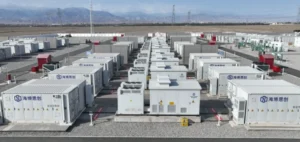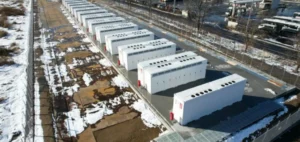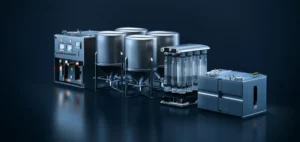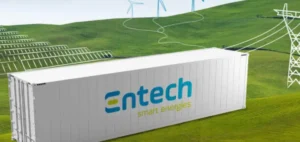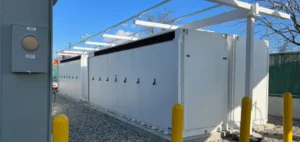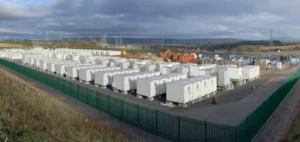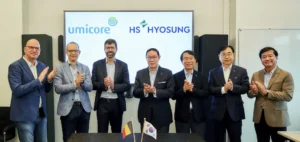The Ministry of Economic Development and Technology of the Republic of Poland has confirmed the allocation of a subsidy of up to $320mn to US-based company Ascend Elements. The funding will support the construction of a facility dedicated to producing precursor cathode active material (pCAM) for lithium-ion batteries, primarily for electric vehicles. The financial aid is granted under the European Union’s Temporary Crisis and Transition Framework (TCTF).
A strategic industrial investment
The subsidy is among the largest financial commitments ever made by the Polish state to a foreign industrial investor. The planned facility will manufacture nickel-manganese-cobalt (NMC) pCAM using recycled materials, based on Ascend Elements’ proprietary Hydro-to-Cathode® technology. This process allows for direct synthesis from spent lithium-ion cells, offering greater efficiency compared to conventional methods.
Linh Austin, President and CEO of Ascend Elements, was received in Warsaw by Michał Jaros, Secretary of State at the Ministry of Economic Development and Technology, for the official presentation of the funding offer. The company has already selected a site in Poland for the future plant.
Strengthening the battery supply chain in Europe
The project aligns with the Polish government’s strategy to reinforce its position in the European battery value chain. “Battery sector projects are key components of the Polish Investment and Trade Agency’s (PAIH) portfolio,” said Paweł Pudłowski, Ph.D., Vice President of the Management Board at PAIH. According to him, the establishment of Ascend Elements represents one of the most significant recent American investments in Poland.
In 2024, Ascend Elements and Elemental Strategic Metals established a joint venture, AE Elemental JV, to operate a battery recycling facility in Zawiercie. However, the new pCAM plant will be solely owned and operated by Ascend Elements.
Production capacity and transatlantic expansion
Ascend Elements is also expanding its capabilities in the United States, where it operates one of North America’s largest battery recycling facilities in Covington, Georgia. A new lithium recovery line will produce up to 3,000 metric tons per year of lithium carbonate (Li₂CO₃) from recycled content, a first in the US.
In parallel, the company is building a pCAM facility in Hopkinsville, Kentucky, designed to supply battery materials for up to 750,000 electric vehicles annually. Scheduled to become operational by late 2026, it will be the largest NMC pCAM production site in North America.


